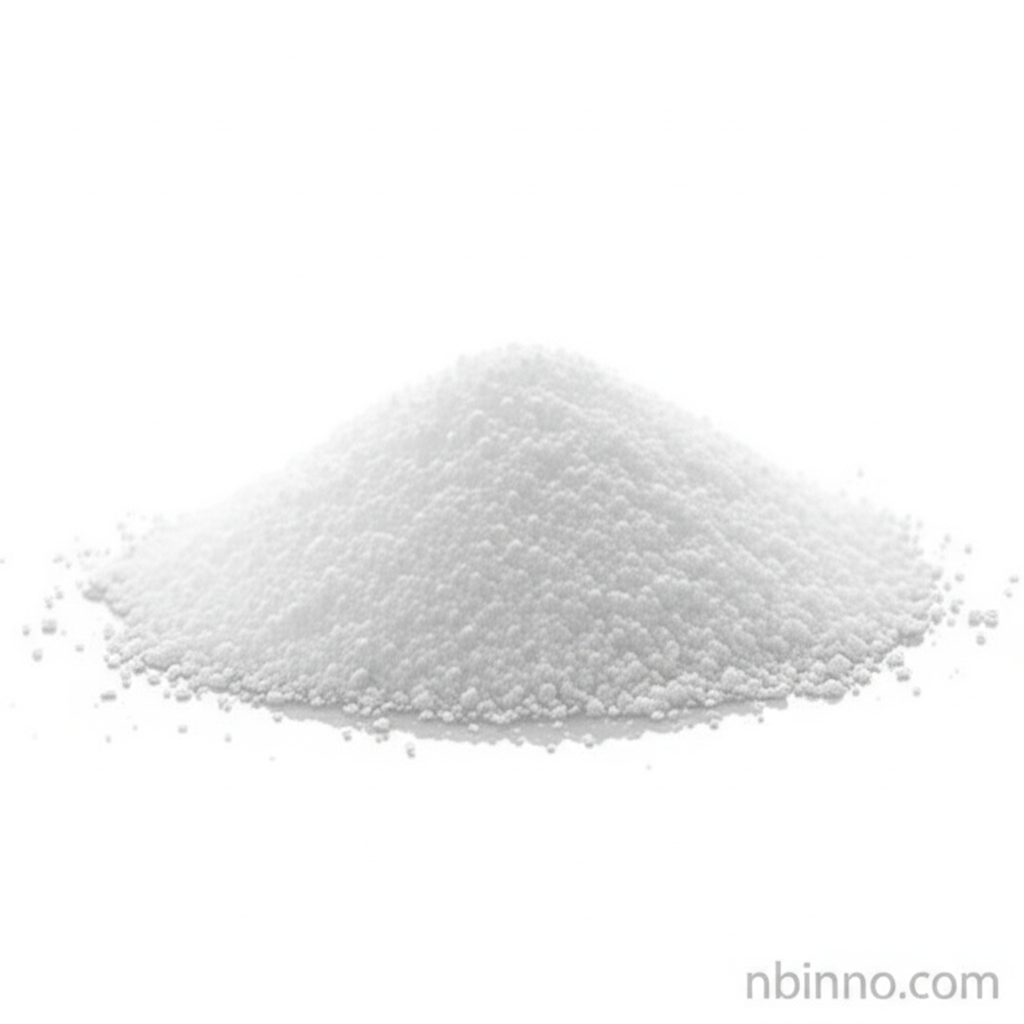PHBV: The Sustainable Biopolymer Revolution
Discover the potential of PHBV, a biodegradable plastic from renewable sources, driving a greener future.
Get a Quote & SampleProduct Core Value: PHBV

Poly(3-hydroxybutyrate-co-3-hydroxyvalerate)
Poly(3-hydroxybutyrate-co-3-hydroxyvalerate), commonly known as PHBV, is a pioneering biodegradable and biocompatible thermoplastic polyester. It stands as a significant advancement in sustainable materials, offering a viable alternative to petroleum-based plastics. Its production pathways, leveraging microbial factories and waste valorization, underscore its commitment to environmental responsibility.
- Explore the diverse applications of PHBV in sustainable packaging and advanced medical devices, showcasing its versatility and environmental benefits.
- Understand the microbial production of bioplastics like PHBV, focusing on efficiency and the utilization of agri-food waste as a feedstock.
- Learn about the circular economy for polymers, with PHBV's role in various recycling methods like mechanical, enzymatic, and chemical recycling processes.
- Investigate the sustainable plastics alternatives that PHBV represents, contributing to a reduced environmental footprint.
Key Advantages of PHBV
Environmental Friendliness
PHBV's biodegradability and derivation from renewable resources significantly reduce environmental impact compared to conventional plastics, aligning with sustainable plastics alternatives.
Biocompatibility
Its biocompatible nature makes PHBV ideal for sensitive applications, particularly in the medical field for implants and drug delivery systems, demonstrating its biomedical applications.
Versatile Production Methods
PHBV can be produced via microbial fermentation, enabling the use of waste streams and promoting efficient microbial production of bioplastics.
Key Applications of PHBV
Sustainable Packaging
PHBV offers an eco-friendly alternative for packaging materials, addressing concerns about plastic waste and promoting a circular economy for polymers.
Medical Devices
Its biocompatibility and biodegradability make PHBV highly suitable for medical implants, sutures, and tissue engineering scaffolds, highlighting its role in PHBV applications in medicine.
Agri-food Industry
PHBV can be utilized in agricultural films and other applications, showcasing its potential in supporting sustainable practices within the agri-food industry.
Personal Care Products
The safety and efficacy profile of PHBV also lends itself to applications in cosmetics and personal hygiene items, further expanding its utility.
